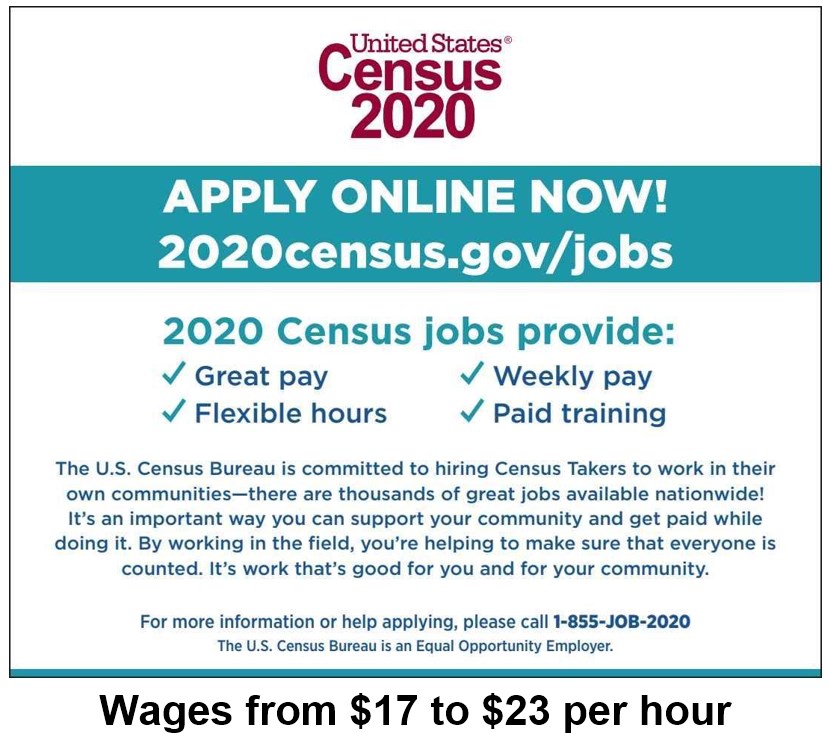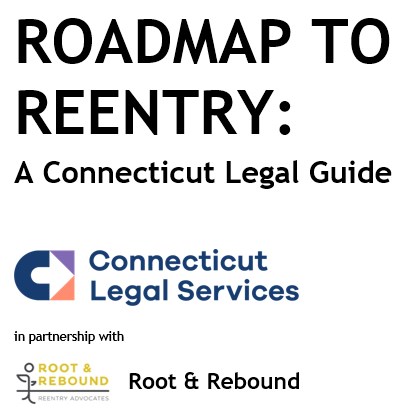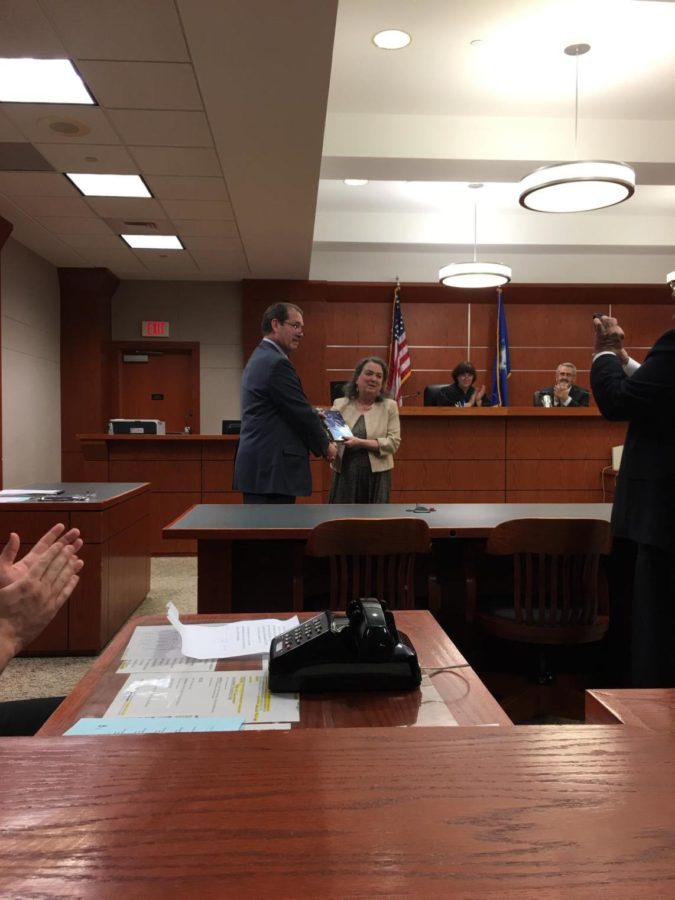Benefits help during this medical emergency
As businesses and schools shut down in Connecticut in the wake of the Corona virus, workers may find themselves with no paychecks. If the situation persists, the workers and their families may become eligible for help with food, cash assistance and even health care coverage.
Student Meals: As of now, many of the closed school districts in the state are making meals available to financially eligible students who cannot attend school. Up to two pre-made meals may be available. Some districts are putting together food sites for pick up of these meals. Contact your local towns or school district for more information about your town’s meal plans.
Food Assistance: If an individual’s or a family’s income goes down substantially, they may become eligible for the Supplemental Nutrition Assistance Program (SNAP) benefits (formerly known as food stamps). To determine whether you or your family is eligible, go to www.connect.ct.gov or call 1-855-626-6632.
There are also food banks and food pantries around the state to help with emergency food. Please call 2-1-1, United Way’s telephone help line to locate help in your area.
Cash Assistance: Currently the Federal government is determining how to help families who lose income during this medical emergency. There may be some income replacement coming. However, if the health care emergency persists over time, it is possible that family incomes may go down and families may become eligible for unemployment benefits, cash assistance or even health care coverage if not already insured. For information on cash assistance go to www.ct.gov/dss/apply or call 1-855-626-6632.
If you become unemployed, go to www.FileCTUI.com for help with filing an unemployment claim. You can also go to a local “American Job Center” for help filing a claim on the internet.
Medical Coverage: If you think that you might qualify for HUSKY medical coverage, CT’s version of Medicaid for low-income individuals and families, go to www.accesshealthct.com or call 1-855-805-4325.




